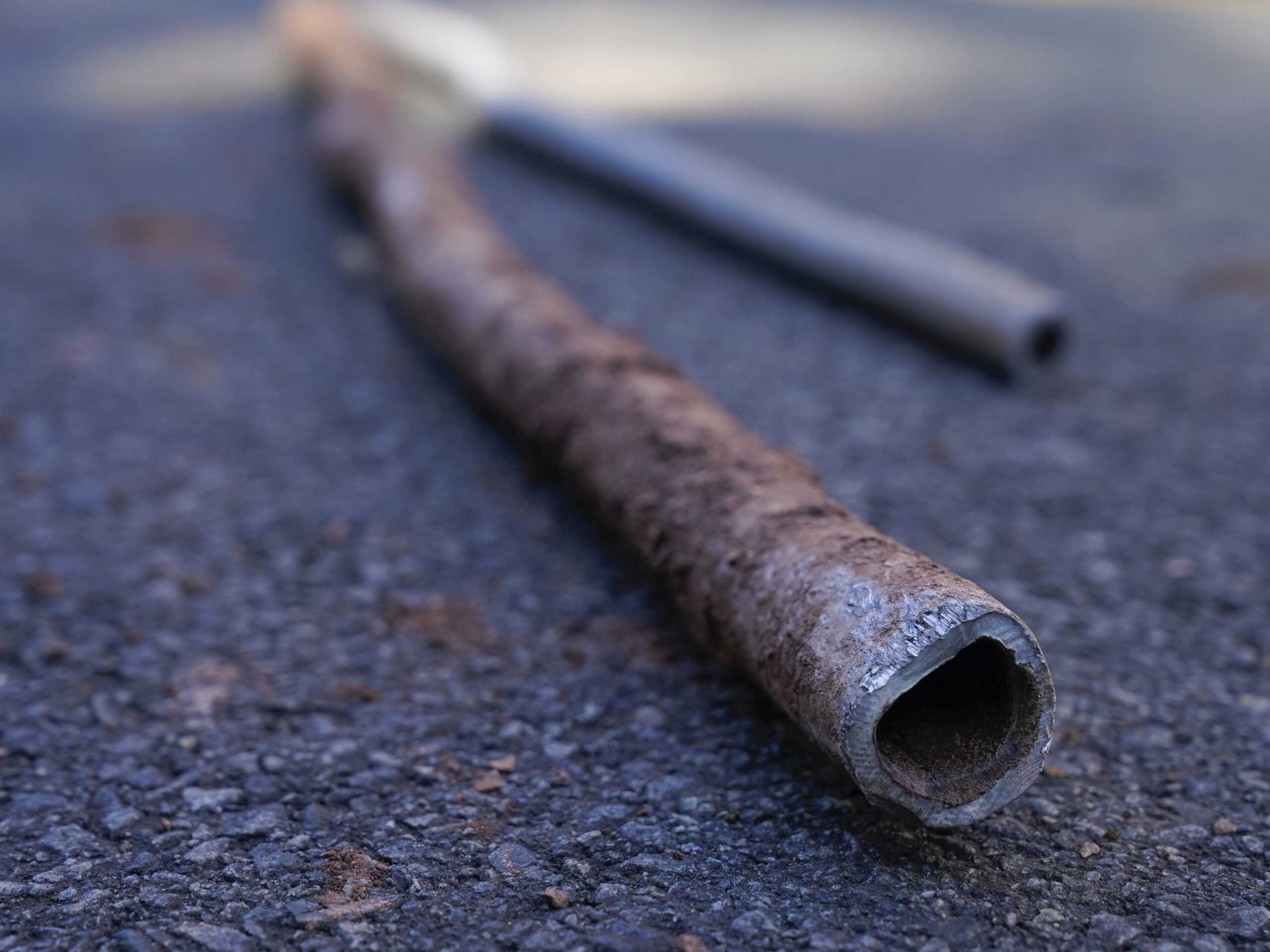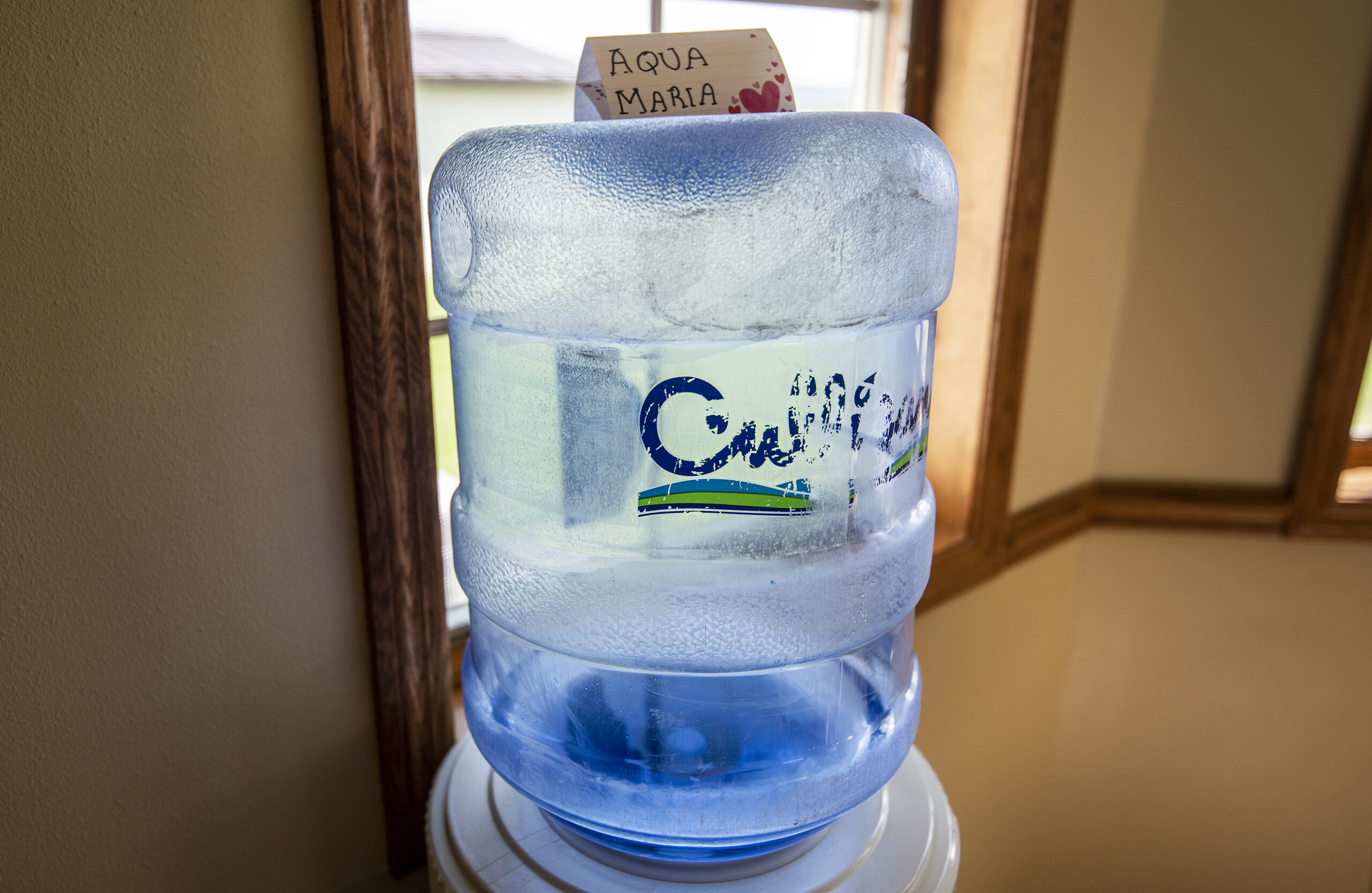In the wake of lead contamination problems in Flint, Michigan’s water supply, a Wisconsin state lawmaker is calling for stricter guidelines for testing residential water pipes in the Badger State.
State Rep. Chris Taylor, D-Madison, said her bill would lower the threshold for triggering an investigation to insure lead levels aren’t threatening children’s health. Under current law, an investigation is required if a blood test finds a child under 6 years of age has 15 micrograms of lead or more per deciliter. Taylor’s measure would lower that to 5 micrograms, the new standard set by the U.S. Centers for Disease Control and Prevention.
“We require three times the poisoning of children before there’s a requirement that the environment be looked at by (state Department of Health Services). I mean that’s serious, serious lead contamination,” said Taylor.
Stay informed on the latest news
Sign up for WPR’s email newsletter.
Taylor said she decided to draft the bill after reading a report on lead in Wisconsin drinking water published last month by the Wisconsin Center for Investigative Journalism. The report cites a 2014 study that found almost 4,000 Wisconsin children with lead levels of 5 micrograms or more.
Taylor said she expects the additional testing to cost $500,000. Currently, the blood tests triggering an investigation require testing for lead in the air or dust or soil that may have come from lead paint. This bill would add a requirement to test the water and the water pipes in the house where the child lives.
Gov. Scott Walker has asked the Legislature to cap additional spending this year at $20 million. That means there might be opposition to spending another $500,000 for additional lead testing. But Taylor said protecting the health of children should be a bipartisan priority. She said the lead poisoning levels found in the 2014 study affect children in both Democratic and Republican districts.
Correction: An earlier version of this story identified the media outlet behind a report on lead contamination as the Wisconsin Center for Investigative Reporting. The outlet is actually the Wisconsin Center for Investigative Journalism.
Wisconsin Public Radio, © Copyright 2024, Board of Regents of the University of Wisconsin System and Wisconsin Educational Communications Board.






